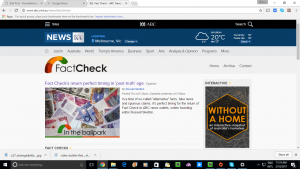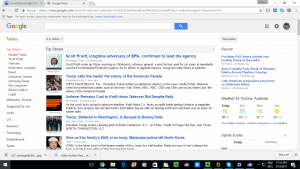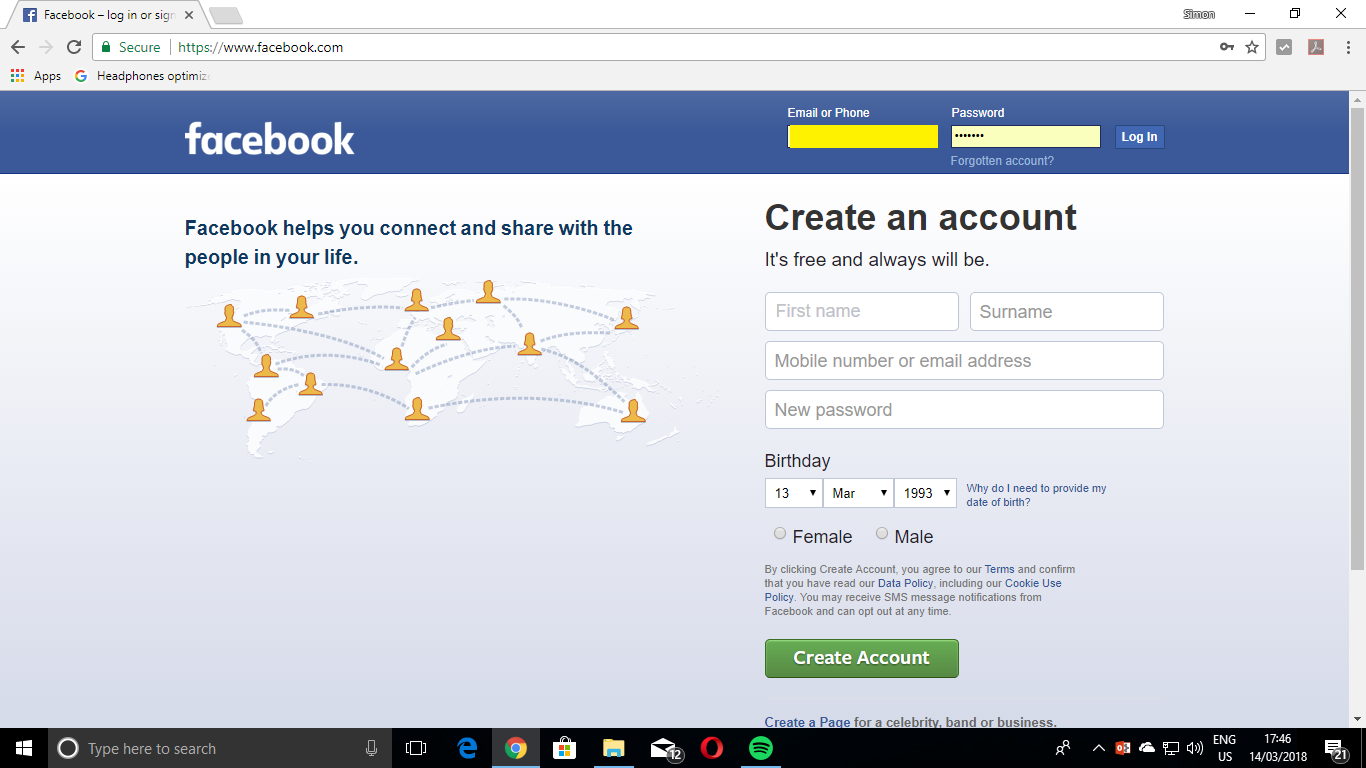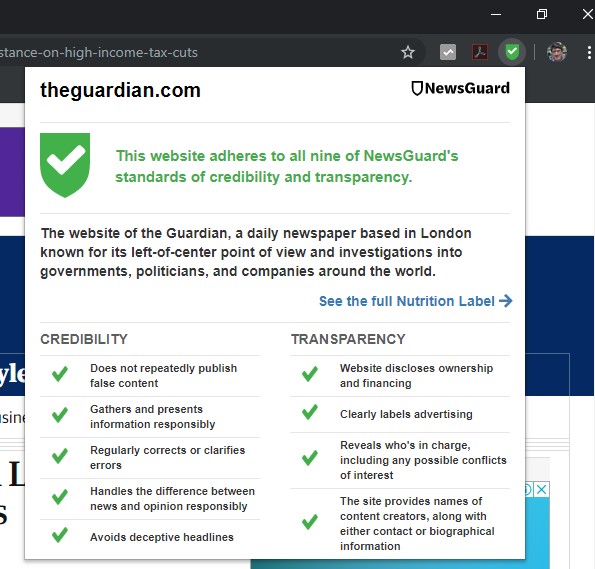Article – From the horse’s mouth
Expanding Fact Checking at Google (Blog Post)
My Comments
Previously, we got our news through newspapers, magazines and radio / TV broadcasters who had invested significant amounts of money or time in journalism efforts. Now the Internet has reduced the friction associated with publishing content – you could set up an easily-viewable Website for very little time and cost and pump it with whatever written, pictorial, audio or video content you can.
This has allowed for an increase in the amount of news content that is of questionable accuracy and value to be easily made available to people. It is exaggerated by online services such as search and aggregation services of the Google or Buzzfeed ilk and social media of the Facebook ilk being a major “go-to” point, if not the “go-to” point for our news-reading. In some cases, it is thanks to these services using “virtual newspaper” views and “trending-topic” lists to make it easy for one to see what has hit the news.
As well, with traditional media reducing their newsroom budgets which leads to reduction in the number of journalists in a newsroom, it gets to the point where content from online news-aggregation services ends up in the newspapers or traditional media’s online presence.
The fact that news of questionable accuracy or value is creeping in to our conversation space with some saying that it has affected elections and referenda is bringing forward new concepts like “post-truth”, “alternative facts” and “fake news” with these terms part of the lexicon. What is being done about it to allow people to be sure they are getting proper information?
Lately, a few news publishers and broadcasters have instigated “fact-checking” organisations or departments where they verify the authenticity of claims and facts that are coming in to their newsrooms. This has led to stories acquiring “Fact-check” or “Truth-meter” gauges along with copy regarding the veracity of these claims. In some cases, these are also appearing on dedicated Web pages that the news publisher runs.
In a lot of cases, such as Australia’s ABC, these “fact-checking” departments work in concert with another standalone organisation like a university, a government’s election-oversight department or a public-policy organisation. This partnership effectively “sharpens the fact-checking department’s knives” so they can do their job better.
But the question that is facing us is how are we sure that the news item we are about to click on in Google or share in Facebook is kosher or not. Google have taken this further by integrating the results from fact-check organisations in articles listed in the Google News Website or Google News & Weather iOS / Android mobile news apps and calling these “fact-check” results out with a tag. The same feature is also being used on the News search tab when you search for a particular topic. Initially this feature was rolled out in to the US and UK markets but is slowly being rolled out in to other markets like France, Germany, Brazil and Mexico.
Google is also underpinning various fact-check efforts through helping publishers build up their efforts or instigating event-specific efforts like the CrossCheck effort involving 20 French newsrooms thanks to the French presidential election. It is in addition to supporting the First Draft Coalition who helps with assuring the integrity of the news being put up on the Internet. It also includes the use of the Digital Initiative Fund to help newsrooms and others instigate or improve their fact-checking operations.
A question that will also be raised is how to identify the political bias of a particular media outlet and convey that in a search engine. This is something that has been undertaken by the Media Bias / Fact Check Website which is an independently-run source that assesses media coverage of US issues and how biased the media outlet is.
But a situation that needs to appear is the ability for fact-check organisations who implement those “accuracy gauges” to share these metrics as machine-useable metadata that can be interpreted through the rich search interfaces that Google and their ilk provide. Similarly, the provision of this metadata and its interpretation by other search engines or social-media sites can provide a similar advantage. But it would require the use of “news categorisation” metadata relating to news events, locations and the actors who are part of them to make this more feasible.
Similarly, a social network like Facebook could use the fact-checking resources out there to identify where fake news is being spread so that users can be certain if that link they intend to share is questionable or not.
To the same extent, engaging government election-oversight departments like the Australian Electoral Commission, the Federal Election Commission in the USA and the Electoral Commission in the UK in the fact-checking fabric can help with assuring that there are proper and fair elections. This is more so as these departments perform a strong role in overseeing the campaigns that take place in the lead up to an election and they could use the fact-checking organisations to identify where campaigns are being run with questionable information or in an improper manner.
As part of our research in to a news topic, we could be seeing the fact-checking resources playing an important role in sorting the facts from the spin and conspiracy nonsense.




